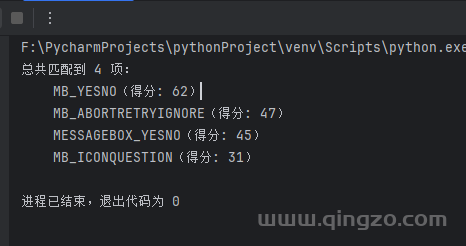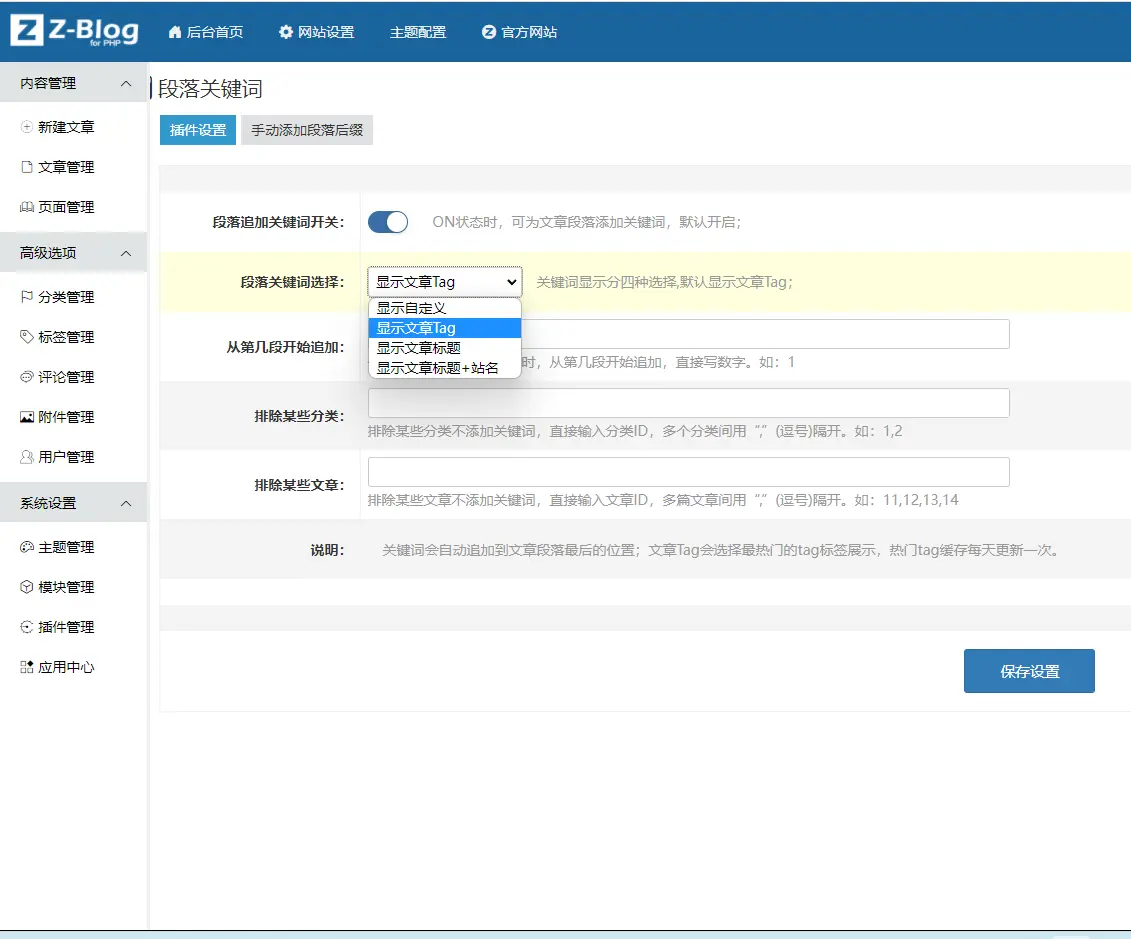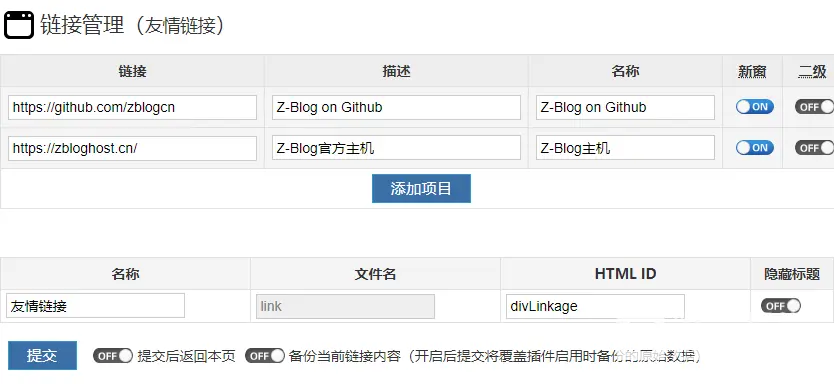import math from typing import Callable, List, Tuple

import math
from typing import Callable, List, Tuple
def fuzzy_match_and_score(
count: int,
query: str,
pred: Callable[[int], str]
) -> List[Tuple[int, int]]:
"""模糊匹配并评分
:param count: 候选字符串数量
:param query: cha询字符串
:param pred: 获取候选字符串的函数,接受索引返回字符串
:return: 按得分降序排列的(索引, 得分)列表
"""
def fuzzy_match_score(q: str, t: str) -> int:
"""基于原始C++算法的模糊匹配评分"""
score = 0
last_match = -1
qi = ti = 0
q_len, t_len = len(q), len(t)
q = q.lower()
t = t.lower()
while qi < q_len and ti < t_len:
if q[qi] == t[ti]:
score += 10 # 基础匹配分
# 位置相关奖励
if ti == 0:
if qi == 0:
score += 50 # 双首字母匹配
else:
score += 30 # 目标首字母匹配
elif qi == 0:
score += 20 # cha询首字母出现在目标中
# 单词边界检测
if ti > 0 and (
t[ti - 1] in ('_', ' ', '-') or
(t[ti - 1].islower() and t[ti].isupper())
):
score += 25 # 边界匹配奖励
# 连续匹配检测
if last_match >= 0:
gap = ti - last_match - 1
if gap == 0:
score += 25 # 连续匹配奖励
if last_match > 0 and ti - last_match == 1:
score += 10
else:
penalty = min(int(math.pow(gap, 1.5)), 15)
score -= penalty # 跳跃惩罚
last_match = ti
qi += 1
ti += 1
if qi == q_len:
# 长度匹配系数 (0.5-1.0)
length_ratio = q_len / t_len
score = int(score * (0.5 + 0.5 * length_ratio))
# 位置系数 (0.7-1.0)
position_ratio = 1.0 - (ti / t_len)
score = int(score * (0.7 + 0.3 * position_ratio))
return max(score, 1)
return 0
results = []
for i in range(count):
target = pred(i)
if score := fuzzy_match_score(query, target):
results.append((i, score))
# 按得分降序,同分按索引升序
results.sort(key=lambda x: (-x[1], x[0]))
return results
#使用示例
# 候选数据源
candidates = [
"MB_YESNO",
"MB_ICONQUESTION",
"MB_ABORTRETRYIGNORE",
"IDOK",
"IDCANCEL",
"MESSAGEBOX_YESNO"
]
# cha询字符串
query = "m_no"
# 执行模糊匹配
results = fuzzy_match_and_score(
count=len(candidates),
query=query,
pred=lambda i: candidates<i>
)
print(f"总共匹配到 {len(results)} 项:")
for index, score in results:
print(f"\t{candidates[index]}(得分: {score})")
# print(results)
#长度匹配因素 = cha询文本长度 / 目标文本长度
#匹配位置因素 = 1.0 - (目标文本cha询位置 / 目标文本长度)
#计算公式: (总分 (0.5 + 0.5 长度匹配因素)) (0.7 + 0.3 匹配位置因素)
#总分: 10+50+10-1+10-5+10+25+10=119
#长度匹配因素: 4 / 8 = 0.5
#匹配位置因素: 1.0 - (8 / 8) = 0.0
#最终得分:套入长度/位置因素, 总得分62
#1 m 0 基础+10, 双首字母匹配+50
#2 _ 2 基础+10, 跳跃1个字符惩罚-1
#3 n 6 基础+10, 跳跃3个字符惩罚-5
#4 o 7 基础+10, 连续匹配+25, 二次连续+10
# 输出:[(0, 75), (1, 61), (3, 44), (4, 1)]</i>
本文由青舟模板网发布,如若转载,请注明出处:http://qingzo.com/jishu/20250504150105.html











